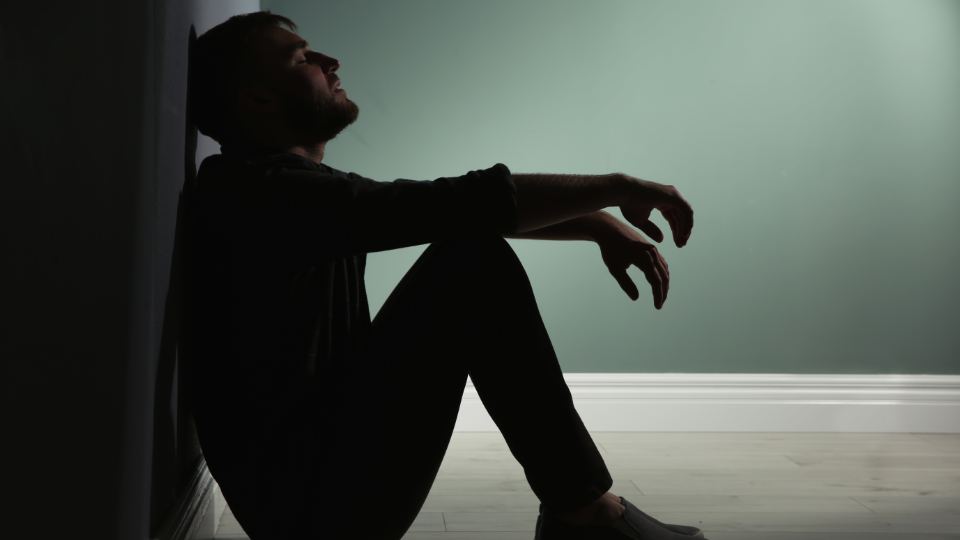California Court of Appeals, 1st Appellate District, affirmed the lower court ruling that St. Mary’s College was justified in its decision to expel Doe, but noted that college is out of compliance with cross-examination requirements established in Doe v. Kegan Allee in early 2019. Here is an excerpt:
Saint Mary’s hearing procedures, at least as reflected in the record before us, do not comply with Allee and Doe. The “Sexual Assault and Sexual Misconduct Policy” contains a 12-point “Outline” of the disciplinary hearing process. Points 7 and 8 concern questioning. The hearing “facilitator” first “ask[s] the [hearing] panel if they have any additional questions of the investigator.” Next, if the panel “is interested in asking the complainant/respondent clarifying questions,” the facilitator will ask the student if he or she is “comfortable responding directly” to the panel or would “prefer to defer to the investigator.”
Finally, “[a]s the [hearing board] panel deems appropriate to the case, the panel may invite and ask clarifying questions of witnesses identified by either the complainant and/or respondent.” “After all questions have been asked by the [hearing board] panel, and if the party chooses, the complainant and the respondent may each make a closing statement to the [] panel.”
There is, in short, no provision, regardless of the nature of the misconduct charge and the potential disciplinary action, for the complainant and respondent to hear the other’s testimony before the hearing panel and no provision for either to conduct any form of cross-examination.
This case had been ongoing since 2016.
Case updated in our Title IX Legal Database.
Thank You for Reading
If you like what you have read, feel free to sign up for our newsletter here:
About the Author
Related Posts
California Court of Appeals, 1st Appellate District, affirmed the lower court ruling that St. Mary’s College was justified in its decision to expel Doe, but noted that college is out of compliance with cross-examination requirements established in Doe v. Kegan Allee in early 2019. Here is an excerpt:
Saint Mary’s hearing procedures, at least as reflected in the record before us, do not comply with Allee and Doe. The “Sexual Assault and Sexual Misconduct Policy” contains a 12-point “Outline” of the disciplinary hearing process. Points 7 and 8 concern questioning. The hearing “facilitator” first “ask[s] the [hearing] panel if they have any additional questions of the investigator.” Next, if the panel “is interested in asking the complainant/respondent clarifying questions,” the facilitator will ask the student if he or she is “comfortable responding directly” to the panel or would “prefer to defer to the investigator.”
Finally, “[a]s the [hearing board] panel deems appropriate to the case, the panel may invite and ask clarifying questions of witnesses identified by either the complainant and/or respondent.” “After all questions have been asked by the [hearing board] panel, and if the party chooses, the complainant and the respondent may each make a closing statement to the [] panel.”
There is, in short, no provision, regardless of the nature of the misconduct charge and the potential disciplinary action, for the complainant and respondent to hear the other’s testimony before the hearing panel and no provision for either to conduct any form of cross-examination.
This case had been ongoing since 2016.
Case updated in our Title IX Legal Database.
Thank You for Reading
If you like what you have read, feel free to sign up for our newsletter here:
About the Author
Related Posts
More from Title IX for All
Accused Students Database
Research due process and similar lawsuits by students accused of Title IX violations (sexual assault, harassment, dating violence, stalking, etc.) in higher education.
OCR Resolutions Database
Research resolved Title IX investigations of K-12 and postsecondary institutions by the Department of Education’s Office for Civil Rights (OCR).
Attorneys Directory
A basic directory for looking up Title IX attorneys, most of whom have represented parties in litigation by accused students.






